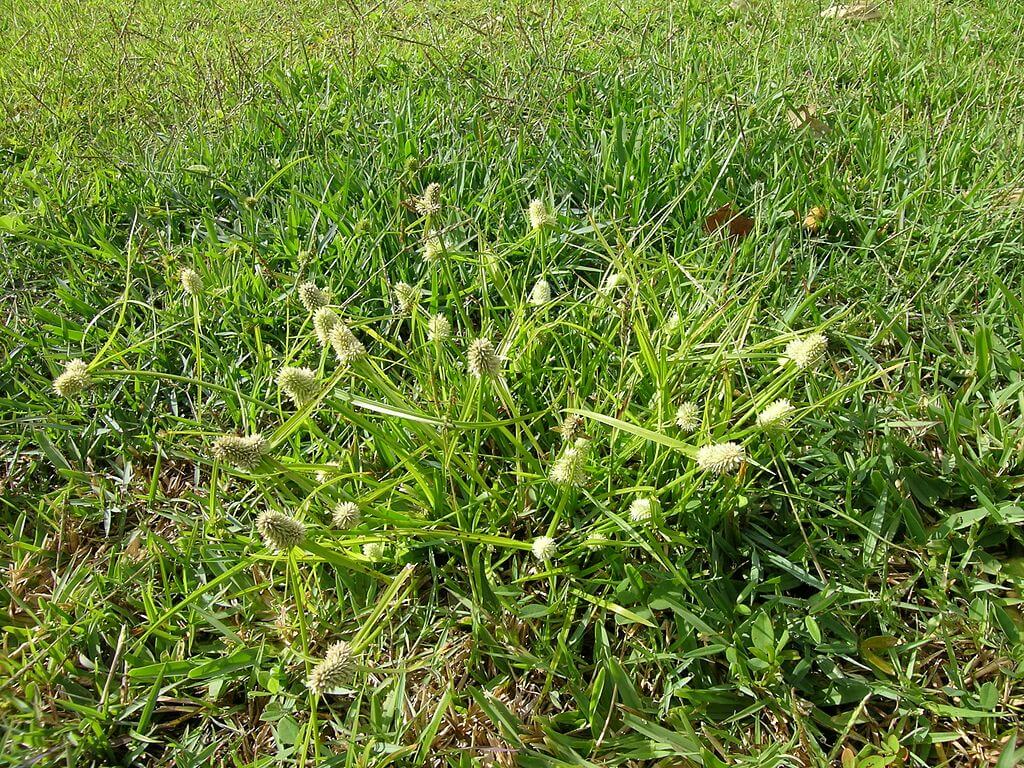
Do spring lawn weeds make you feel a little bit like Bill Murray in Groundhog Day? No matter what you do, year after year, those pesky weeds continue to rear their ugly heads and wreak havoc on your lawn.
While you can take solace in the fact that you aren’t alone—a lot of homeowners in TN and North MS are feeling the same frustrations—you likely still want a solution. Though even the best lawns do see some weed breakthrough from time to time, there are steps that can be taken for controlling spring lawn weeds in Memphis, TN and Olive Branch, MS.
First and foremost, you need to identify the weeds that you’re dealing with. That’s why we’ve rounded up a list of 10 weeds you’re likely to see. Then we’ll talk about how you can address them.
Here are the spring lawn weeds you are most likely to see here in Memphis, TN and North MS.
This early spring lawn weed packs a double whammy. It is both aggressive and difficult to control. Crabgrass grows in unsightly clumps, spreading to take over large areas of lawns. It tends to pop up in thinned out areas of the lawn and is known to sneak in areas of the lawn that have been scalped by a trimmer.
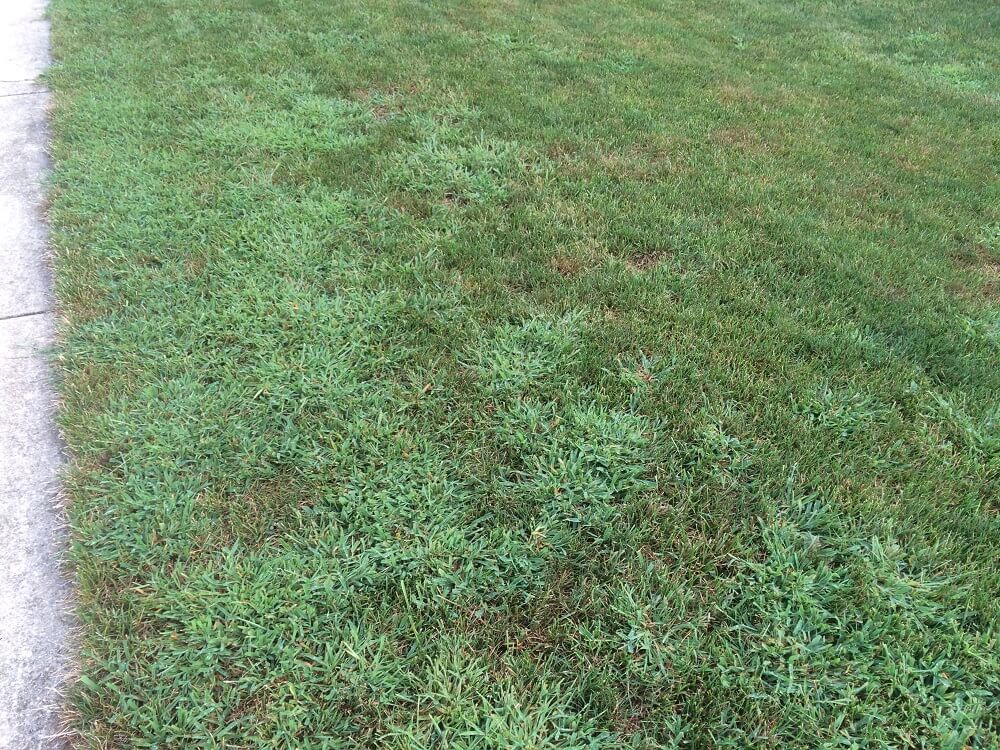
Like crabgrass, dallisgrass grows in clumps. It sticks out in the lawn because of its bunch-like appearance, coarse leaves and tall seed stalks. Unfortunately, dallisgrass is deep-rooted and can be difficult to get rid of.
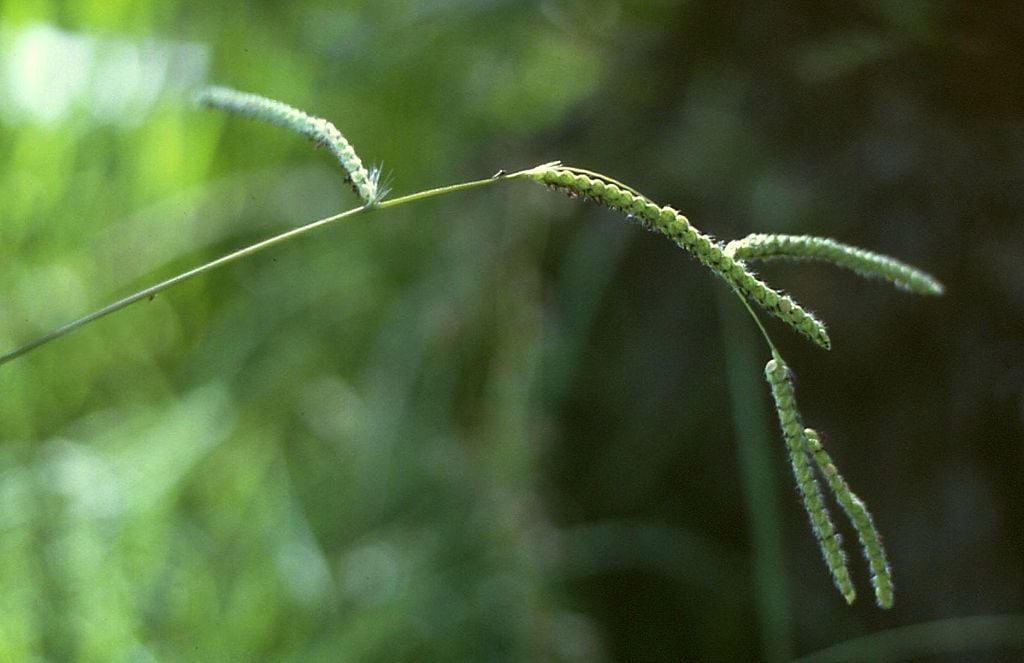
Goosegrass is a summer annual weed that grows well in compacted and poorly draining soil and looks an awful lot like crabgrass. In fact, these two weeds are quite often mistaken for one another. Goosegrass often pops up in areas of the lawn that have been mowed too short.
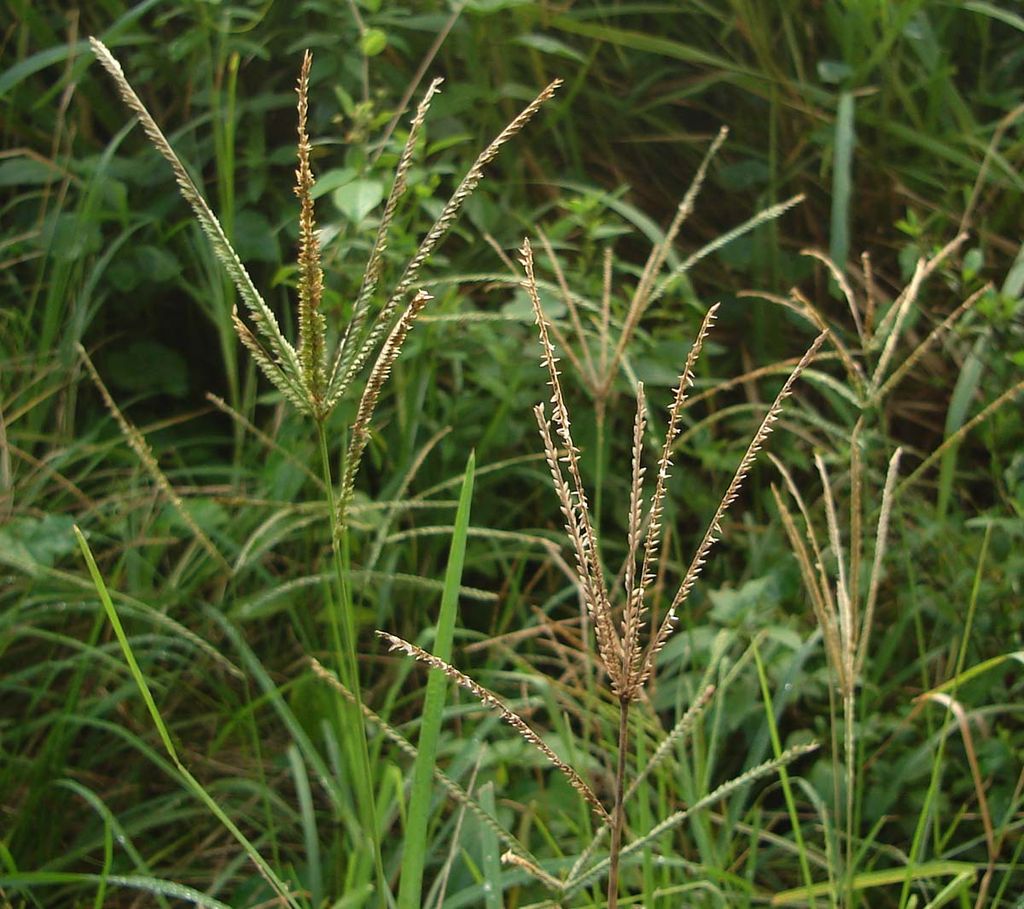
Known to grow in dense mats, Kyllinga is a weedy sedge that thrives in lawns that have been mowed too short as well as areas that are poorly drained or frequently wet.
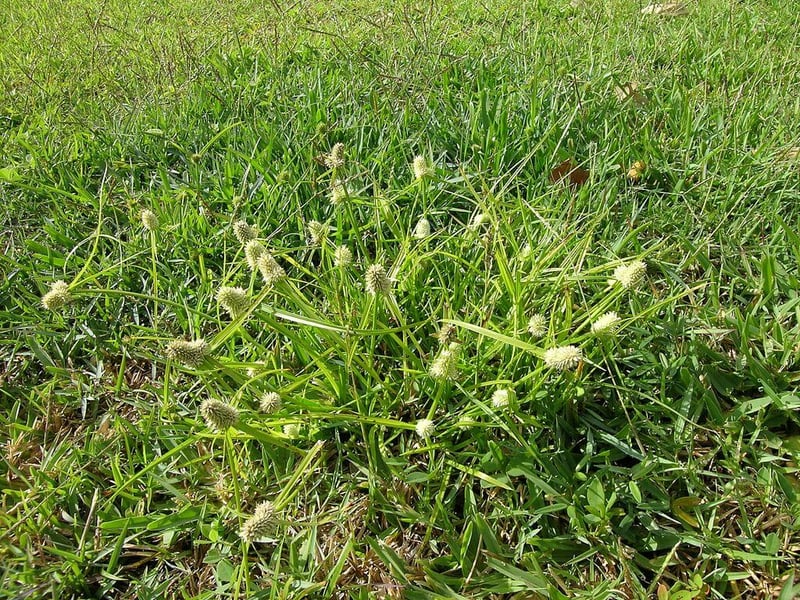
Also known as annual bluegrass, Poa Annua grows upright and has creeping stolons. This weed generally emerges in the spring but has a long growing season making it difficult to control.
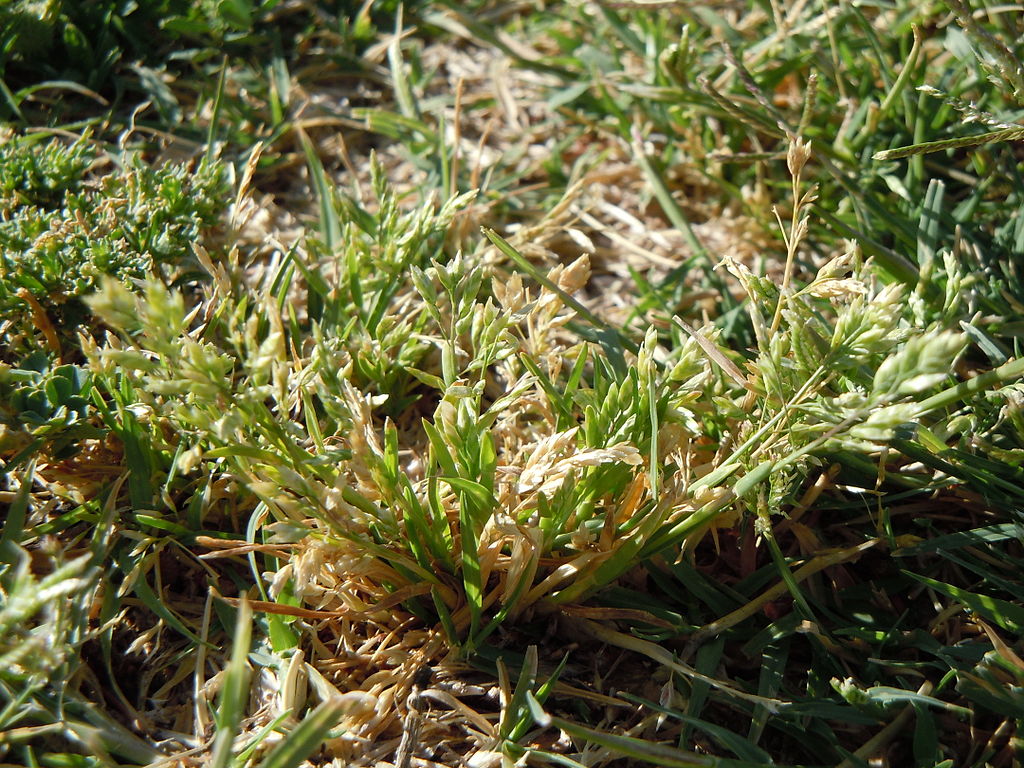
Nicknamed “nutgrass,” this is a perennial weed with a triangular stem and foliage that sprouts in groups of three. It can grow in dry soils and shoots up more rapidly than turfgrass, so you’ll notice it sprouting up out of your lawn. Because this is a perennial weed, it grows in warmer months, goes dormant in cooler months, and can come back again.
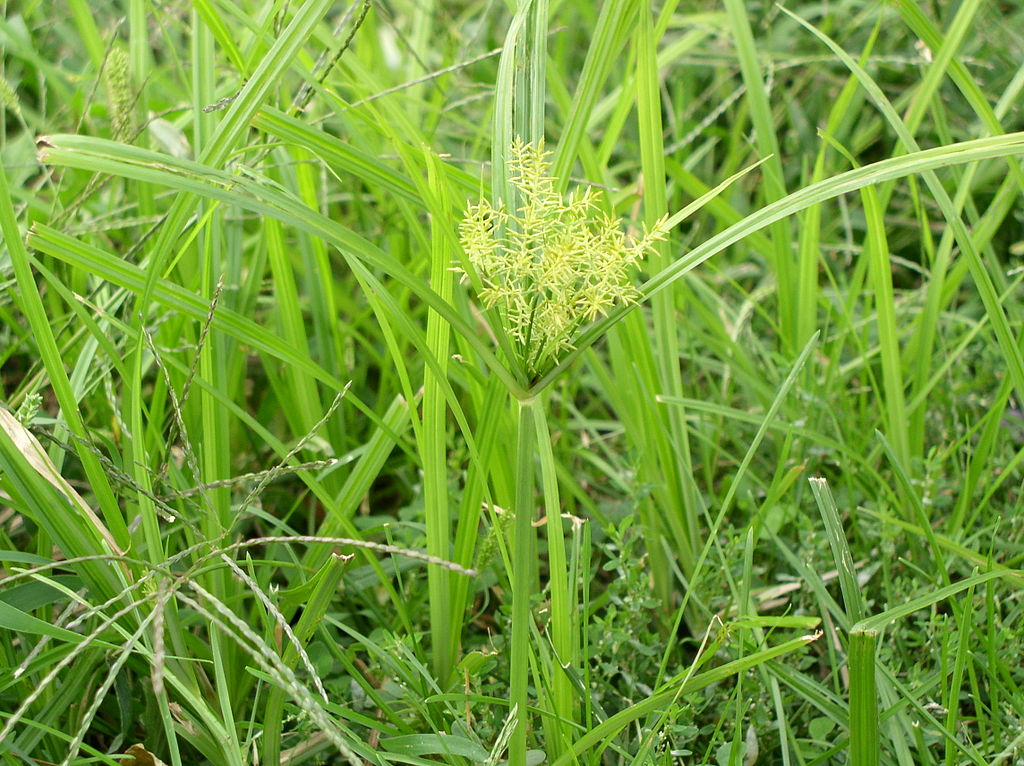
Though a bright and cheery yellow, the dandelion is a troublesome weed to have in your lawn. That’s because dandelions are both fast-growing and incredibly hardy. Even when conditions are not suitable for germination, the seeds can remain viable until growing conditions improve.
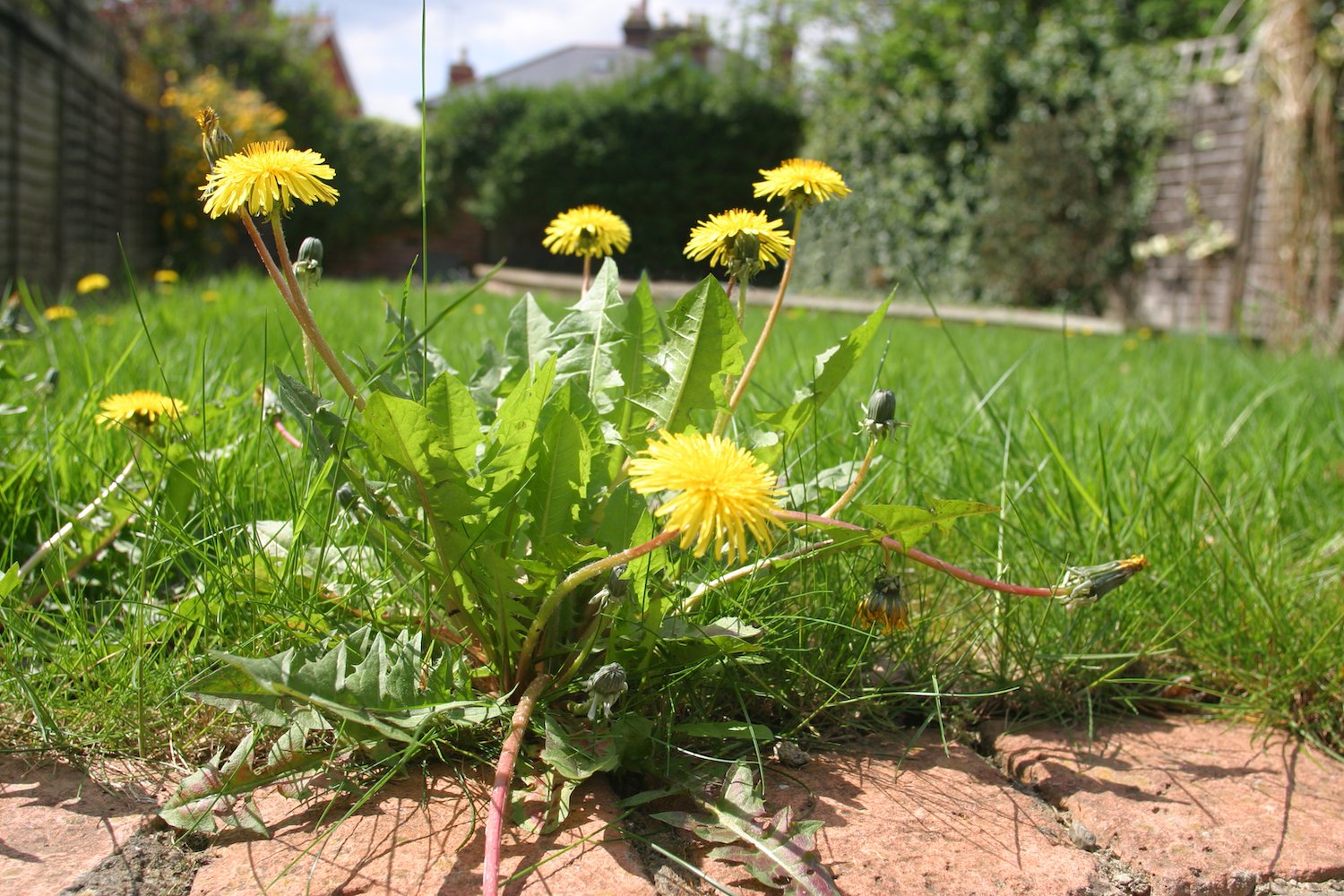
This low-growing and aggressive weed tends to grow in clumps or “mats.” It is characterized by its red and sometimes “hairy” stems as well as its small, oval-shaped leaves.
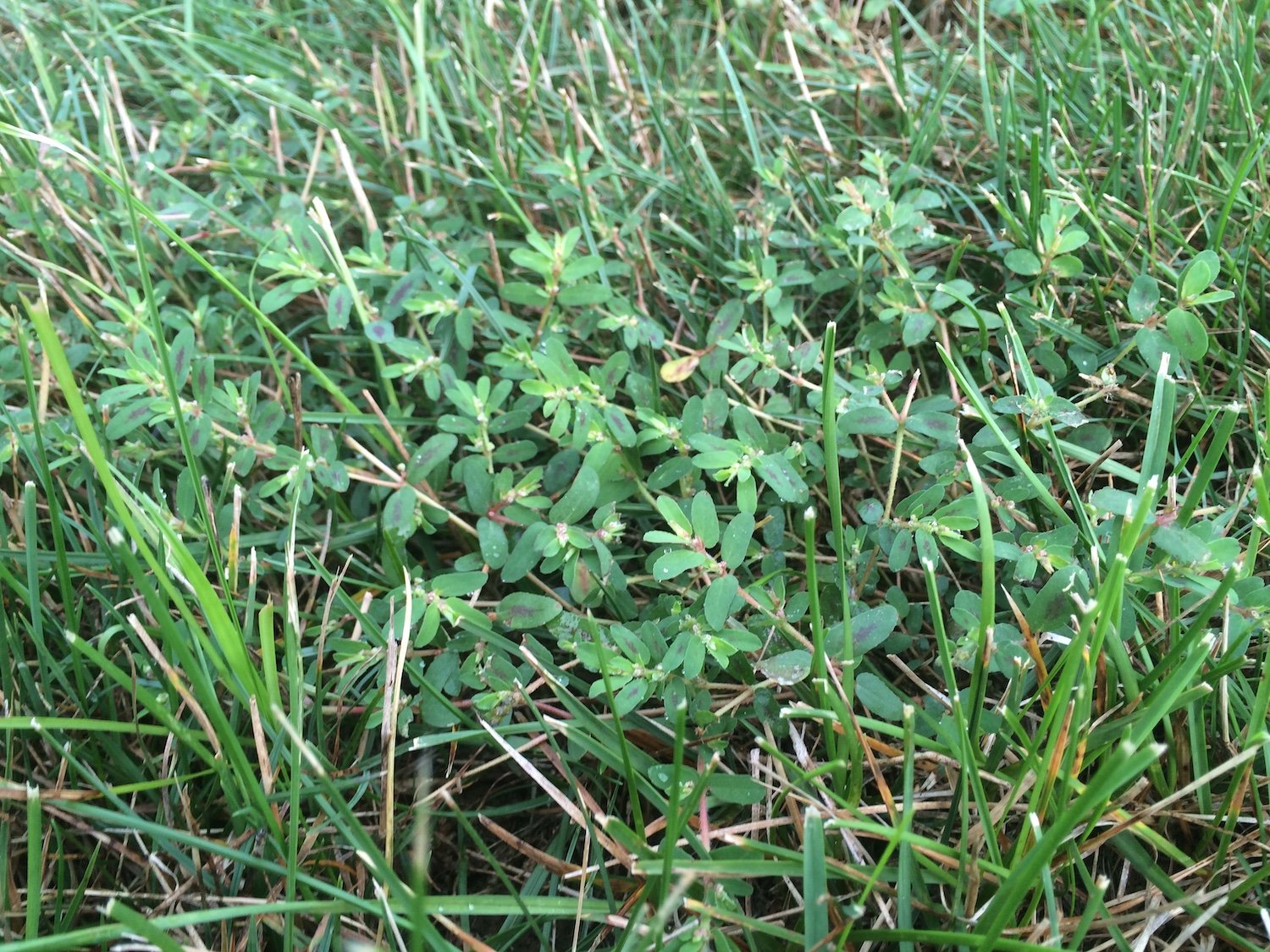
This is another amongst the early spring lawn weeds. Fireweed is a broadleaf weed commonly found in thatch in the early spring. Because Fireweed is a cool season weed, it will stop being a problem as soon as the hot summer rolls around.
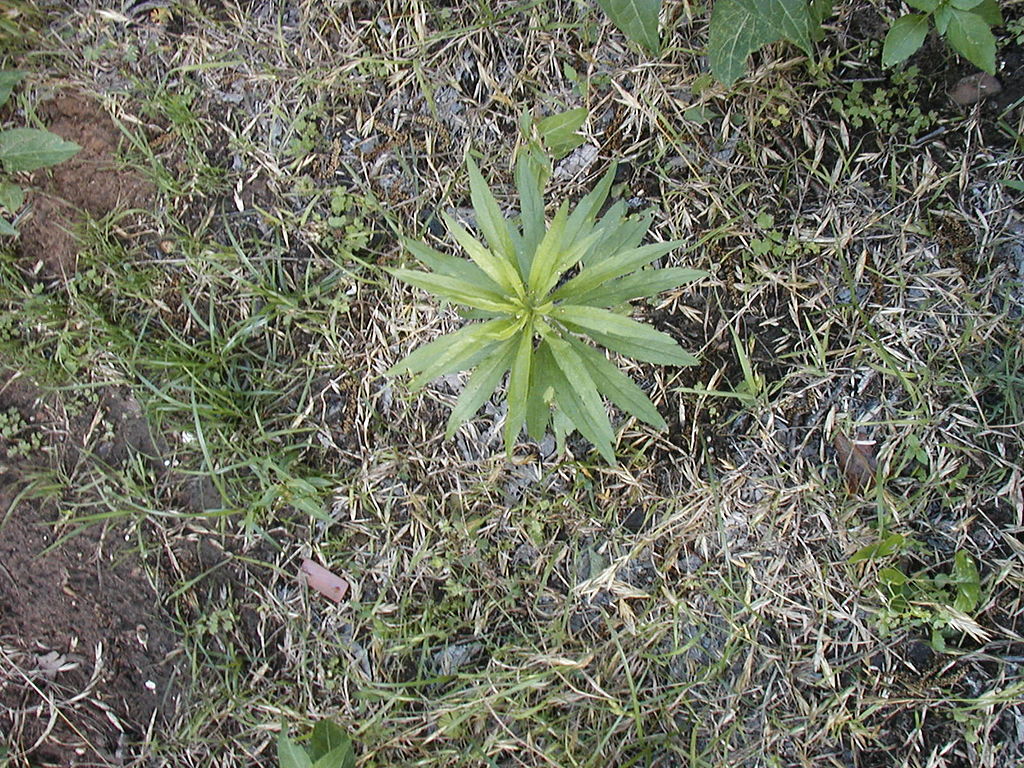
Virginia buttonweed is widely considered the most invasive weed infesting turfgrass in the South. It is an aggressive broadleaf weed that performs best in moist to wet areas of the lawn.
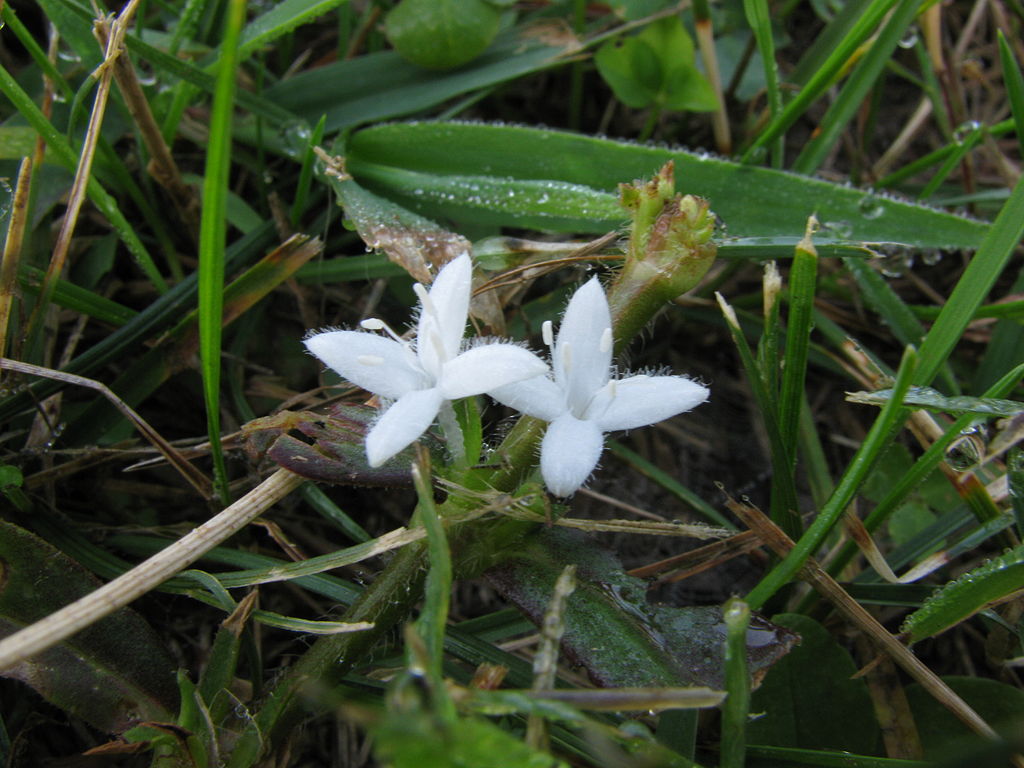
While certainly not an exhaustive list, these are the weeds you are most likely to find in the spring in our region. Now, of course, you want to know what to do about them.
As we mentioned, some of these weeds are particularly challenging to control and can be a huge source of frustration. Therefore, working with a lawn care company that can implement a varied weed control approach is going to be an important key to success when it comes to killing spring lawn weeds. That’s because different weeds require different control approaches (including not only how many applications are needed but also what products are used).
It’s important to identify the specific weeds on your property and then devise a plan with specific materials that will work best. Only when a customized plan is implemented can there be true progress.
Of course, it goes beyond just the spring lawn weed control plan.
You also want a lawn care program that focuses on good year-round turf health. This is the true secret to solving weed control problems. Since weeds often thrive best in thin lawns, nothing crowds out weed growth like thick grass. That goes not only for spring lawn weeds but for the weeds we deal with year-round.
If you feel as though you are caught in an endless loop of battling spring lawn weeds, then it might be time to employ a better approach. Finding a lawn care company in TN and North MS that is going to take a customized approach to maintain your lawn and controlling spring weeds as well as promote the overall health of your turf can make a difference.
This is where your decision-making can really make a difference.
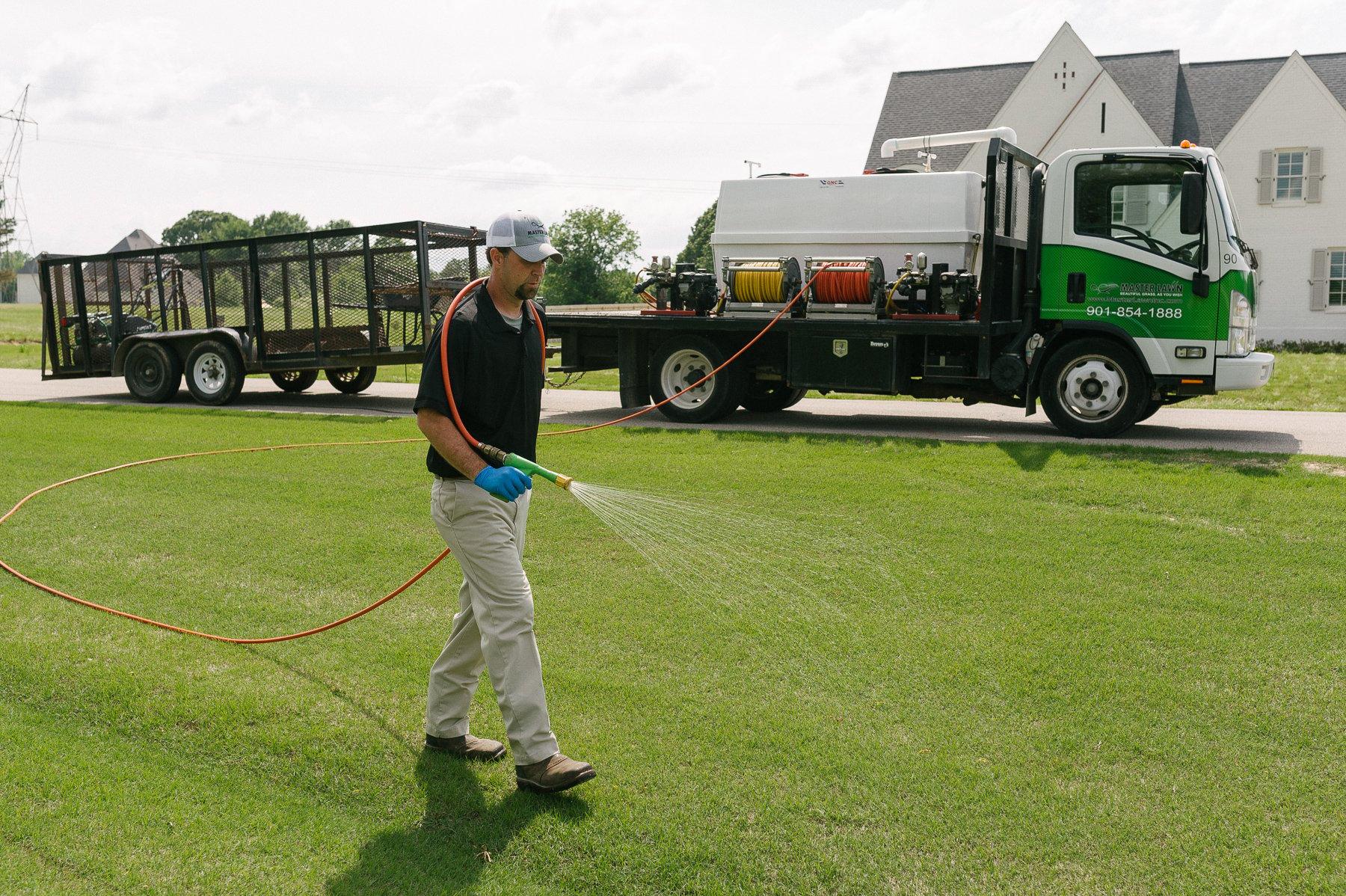
Your choice of the right plan for your lawn can be the difference between being able to fully enjoy it or feeling as though you’re still stuck in Groundhog Day.
You’ve already taken the first steps toward better understanding spring weeds and how to control them and that is a smart move toward a healthier lawn. Now you just have to get a plan in action. At Master Lawn, we’re ready to take your wish to get rid of spring lawn weeds and make it our command.
Ready to win the battle against spring lawn weeds? Talk to a lawn care expert, choose from 3 program options, and become the master of your lawn.
Image sources: dallisgrass, goosegrass, kyllinga, poa annua, nutsedge, fireweed, virginia buttonweed
These Stories on Lawn Care
8255 Center Hill Rd
Olive Branch, MS 38654
8164 MS-178
Olive Branch, MS 38654
Phone: (901) 445-9336
Fax: (901) 853-7353
Copyright © Master Lawn | All Rights Reserved.